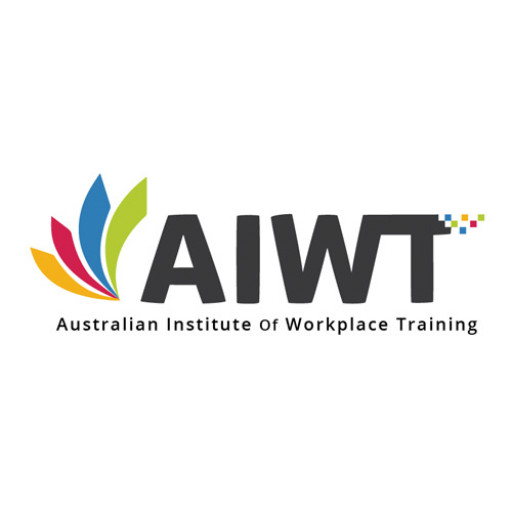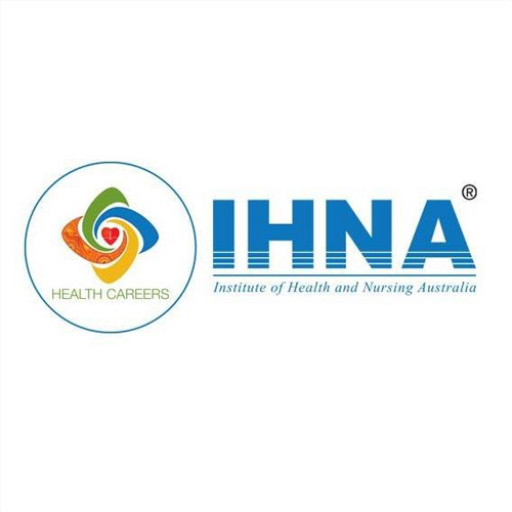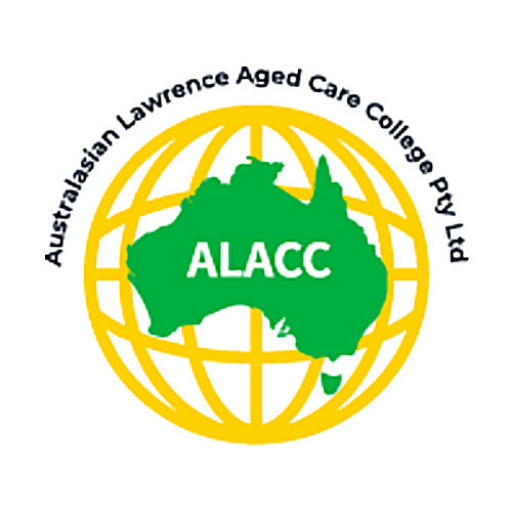Work Health and Safety is a comprehensive and essential program designed to equip students with the knowledge and skills necessary to promote and maintain a safe and healthy work environment. This degree provides a deep understanding of legislative frameworks, safety management systems, hazard identification and risk assessment, and accident prevention strategies. Students will explore the fundamentals of occupational health and safety regulations, learn how to implement effective safety procedures, and develop the ability to influence organizational safety culture positively. The curriculum integrates theoretical concepts with practical applications, enabling graduates to effectively manage safety challenges across various industries, including construction, manufacturing, healthcare, and mining. Through a combination of lectures, case studies, practical training, and industry placements, students will gain real-world experience in conducting safety audits, incident investigations, and risk control measures. The program emphasizes the importance of communication and leadership skills in fostering a safety-conscious workplace, preparing graduates to take on roles such as safety officers, health and safety managers, compliance officers, and consultants. Graduates will be well-equipped to ensure adherence to national and international safety standards, contribute to the development of safe work policies, and promote continuous improvement in occupational health and safety practices. The degree also emphasizes the significance of environmental sustainability and ethical practices in safety management. By choosing this program, students embark on a career dedicated to protecting workers, reducing workplace injuries and illnesses, and supporting organizational efficiency through effective safety governance. With a robust foundation in the principles and practices of Work Health and Safety, graduates will be prepared to make a meaningful difference in promoting safer workplaces across diverse sectors, contributing to healthier communities and productive work environments worldwide.
Work Health and Safety is a comprehensive academic program designed to equip students with the knowledge, skills, and practical experience necessary to promote safe and healthy working environments across a wide range of industries. This program covers fundamental concepts and advanced topics related to occupational health and safety management, risk assessment, legal frameworks, and accident prevention strategies. Students will gain an in-depth understanding of the principles of Work Health and Safety (WHS), including how to identify potential hazards, assess risks, and implement effective control measures to ensure the safety of workers and the community. The curriculum emphasizes the importance of a proactive approach to safety management, fostering a safety culture within organizations, and complying with national and international WHS legislation and standards.
Throughout the course, students will explore various aspects of workplace safety including incident investigation, emergency preparedness, environmental health considerations, and the importance of ongoing safety training and development. Practical assessments, workplace site visits, and internships are integral parts of the program, providing students with real-world experience in conducting safety audits, developing safety policies, and communicating safety procedures effectively. The program also addresses emerging issues such as mental health at work, ergonomics, and the impact of technological advancements on WHS practices.
Designed for aspiring safety officers, health and safety coordinators, and managers, the program emphasizes interdisciplinary collaboration, critical thinking, and problem-solving skills. Graduates will be prepared to design, implement, and evaluate WHS strategies that not only prevent injuries and illnesses but also enhance overall organizational productivity and employee wellbeing. By the end of the program, students will be competent in interpreting WHS legislation, managing safety programs, and leading safety initiatives that meet industry standards. The degree also prepares students for careers in consultancy, government agencies, manufacturing, construction, healthcare, and other sectors where workplace safety is a priority. The program aligns with national accreditation requirements, ensuring graduates are recognized as qualified professionals capable of making a meaningful impact on workplace health and safety.
Program requirements typically include the completion of core courses in work health and safety principles, risk management, hazard identification, and safety legislation. Students must undertake practical placements or internships to gain real-world experience in workplace safety protocols. A foundation in occupational health is essential, covering topics such as ergonomics, workplace ergonomics assessment, and injury prevention strategies. The program may also require students to complete electives related to industry-specific safety standards, crisis response procedures, and safety management systems. Academic prerequisites often include prior study in related fields such as environmental health, industrial engineering, or public health, depending on the university’s admission policies. Students are expected to demonstrate proficiency in safety documentation, incident investigation techniques, and emergency response planning. In addition, some programmes mandate participation in workshops, seminars, or certification courses approved by relevant safety authorities to ensure practical preparedness. Progression through the program generally involves assessments that include written assignments, exams, and project work, all emphasizing the application of safety regulation compliance and risk mitigation strategies. To graduate, students must successfully complete all coursework, practical activities, and examinations, demonstrating comprehensive knowledge of occupational health and safety standards as mandated by relevant regulatory bodies. The program aims to produce graduates capable of developing, implementing, and monitoring effective health and safety policies within a variety of organizational settings.
The Work Health and Safety programme at AIWT University offers various financing options to support students throughout their studies. Students can apply for government-funded scholarships and grants designed to reduce the financial burden of higher education. These include national study grants, which are allocated based on academic merit and financial need, and specific scholarships for students pursuing health and safety courses. Additionally, AIWT University collaborates with industry partners to provide sponsorship opportunities and work-based learning programs that include financial support or stipends, allowing students to gain practical experience while earning income. The university also offers flexible payment plans, enabling students to spread out tuition fees over several installments, making education more accessible. For international students, there are dedicated financial aid packages and scholarship programmes aimed at supporting their studies. The tuition fees vary depending on the programme's duration and mode of study, but financial aid options are tailored to ensure that students from diverse backgrounds can access their education in Work Health and Safety. The university also encourages students to explore external funding sources, such as government loans or private scholarships, which can be used to finance their studies. Furthermore, AIWT University provides guidance and counselling on managing finances and applying for financial aid, ensuring that students are well-informed about the available options. Overall, the financing studies for the Work Health and Safety programme are designed to facilitate access for a broad range of students, promote equitable opportunities, and support students in achieving their career goals without undue financial hardship.
The Work Health and Safety program at the Australian Institute of Workplace Training (AIWT) is designed to equip students with comprehensive knowledge and skills necessary to ensure safety and compliance in various occupational settings. This program covers fundamental principles of workplace safety, hazard identification and risk management, and practical strategies for maintaining a safe working environment. It emphasizes understanding the legal framework surrounding work health and safety regulations in Australia, including the responsibilities of employers and employees under the model Work Health and Safety Act. The curriculum typically includes modules on incident prevention, safety audits, emergency response planning, and the use of safety equipment. Students are trained to develop and implement effective safety procedures, conduct safety inspections, and respond appropriately to workplace emergencies. The program also focuses on fostering a safety culture within organizations, encouraging proactive measures to minimize workplace injuries and illnesses. Practical training components may involve workplace assessments, safety drills, and case studies to apply theoretical knowledge in real-world scenarios. Graduates of this program are prepared to take on roles such as safety officers, compliance advisors, and workplace trainers. The program is delivered through a combination of classroom instruction, online learning modules, and hands-on practical activities. By completing this program, students gain a solid foundation in work health and safety principles, enhancing their employability in a broad range of industries including construction, manufacturing, healthcare, and hospitality. The AIWT is committed to providing quality training that aligns with current standards and industry best practices, ensuring graduates are well-equipped to contribute positively to workplace safety initiatives across Australia.









